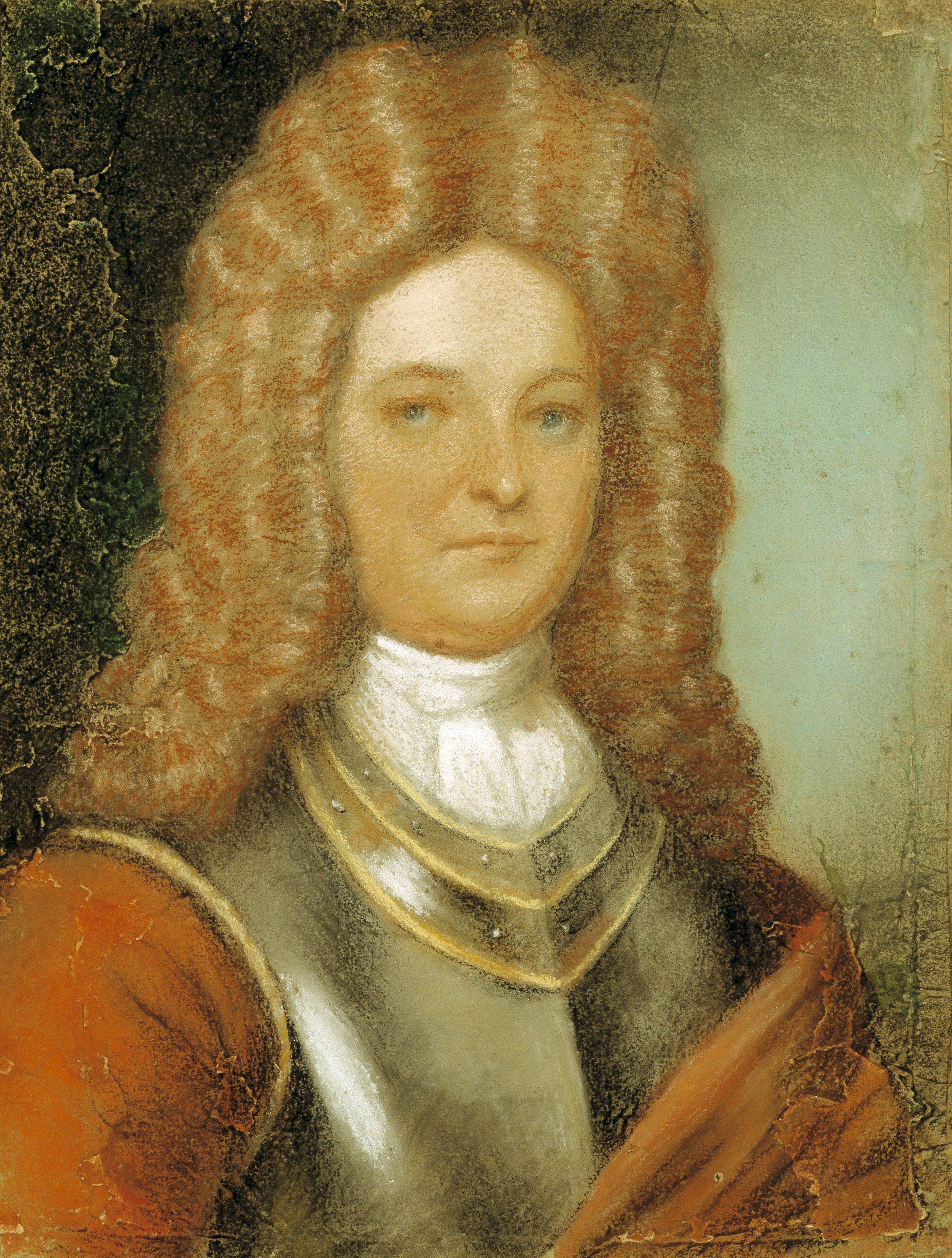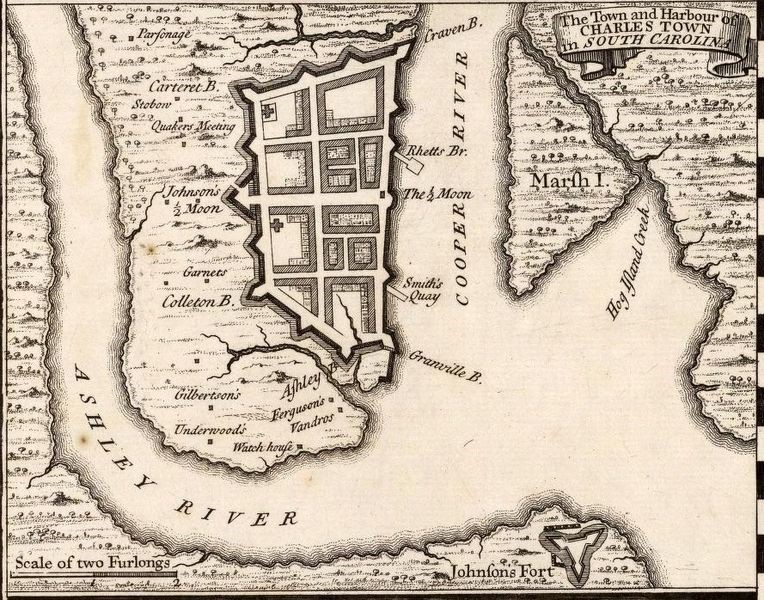- Submitted on
- 0 comments
One aspect of The Loyalist Collection that distinguishes it as a useful resource for learning about early Atlantic history during British rule is the unique information it provides to patrons that has otherwise been largely forgotten or overlooked in the annals of history. One example of such unique information centres on the experiences of Colonel William Rhett, a prominent official who resided in South Carolina during the early eighteenth century. While certain sources may give researchers the impression that Rhett lived a rather standard life for a colonel (at least in the context of the time period in which he lived), a quick glance at some of the documents held in the Records in the British Public Record Office Relating to South Carolina allows for the discovery of the peculiar traits held by this quite fascinating man.

Image courtesy of The Gibbs Museum of Art
The early life of William Rhett is somewhat obscure; he was supposedly born in 1666 in London and first resided in Brentwood with his wife Sarah and their seven children, where he captained his own ship. Apart from this basic information, little else is known about his beginnings. However, it is the period in which Rhett moved to and lived in South Carolina after 1694 that is noteworthy, an era that saw his political and military influence grow, as well as his domineering reputation.
Rhett’s overbearing personality was often put on display as he executed the duties of Surveyor and Comptroller of Customs, a position he held during part of his residence in Charles Town, South Carolina (today known as Charleston), which during early eighteenth century was prone to attacks from Britain’s adversaries, particularly from pirates and Spain. One noteworthy incident occurred in the year 1716 and centred on the capturing of a sloop named Betty and the controversy that arouse regarding the vessel’s supplies. The Spanish ship had been captured by a pirate and was illegally retaken by a captain from Virginia, and then was seized again by a British Captain named Mathew Husson who had been commanded to apprehend pirates in the Bahamas. After securing the ship, Husson had the Betty sail to Charles Town where it was tied down.

(Note the defensive wall surrounding the city and Rhett’s namesake).
Image courtesy of Herman Moll [Public domain], via Wikimedia Commons
The events that would transpire following the vessel’s entrance into the harbour make for quite the interesting story in the life of William Rhett; the circumstances of the incident were documented in a letter composed by Robert Daniell, the Deputy Governor of South Carolina in 1716. Upon the arrival of the Betty in Charles Town, Rhett and several other men attempted to board the ship and seize any goods for the King’s customs revenue; however, the sailors on board refused entry to Rhett. Governor Daniell recalled that the sailors threatened to “knock out the braines of any that should offer to open the hatches.” Despite the resistance, Rhett and his men went on board with “arms and hand grenades,” at which point Governor Daniell called upon one hundred and forty men to come to the harbour and open fire at Rhett as he transported the Betty’s cargo to another ship. This proved to be insufficient, as Rhett’s swaggering personality was put on full display for Daniell and his troops. As Daniell relates, “But as for Rhett, he draws his sword and flourishing it severall times sett up a Huzza at me,” and later, “being in a perpetuall deriding motion flourishing both at me bringing every now and then the chorus of his contempt and distain with a huzza.”
At this point, Governor Daniell, accompanied by one George Rodd, approached Rhett in his ship and demanded that the cargo be turned over. Again, Rhett’s aggressive demeanor was in full swing, threatening Daniell with his gun and sword while having to be restrained by others on board. In his letter, Daniell specifically recalls Rhett swearing aloud repeatedly, yelling “I will kill the old Rogue [Daniell] let me goe God damn me I will kill the Dogg.” As Daniell prepared to defend himself, Rhett, who had appeared intimidated, instead grabbed a shovel and suddenly began striking Mr. Rodd “with all his might”, who in turn managed to draw his sword at Rhett; according to Governor Daniell’s recollection, Rodd spared Rhett’s life out of good nature.
While the above incident alone is evidence of Colonel William Rhett’s domineering personality, it is just one of several similar situations. Documents such as the one written by Governor Daniell give a great deal of insight into the nature and characteristics of key early figures including not widely known ones like Rhett, who is just one of many peculiar individuals that one would encounter while browsing through The Loyalist Collection.
All quotes found in this document were taken from Records in the British Public Records Office Relating to South Carolina.
For more material on piracy, see the guide to The Loyalist Collection: Piracy and Privateering.
Greg Watts is a student assistant for the Microforms Unit at the Harriet Irving Library. He is currently entering his fourth year in Economics at St. Thomas University.

Add new comment